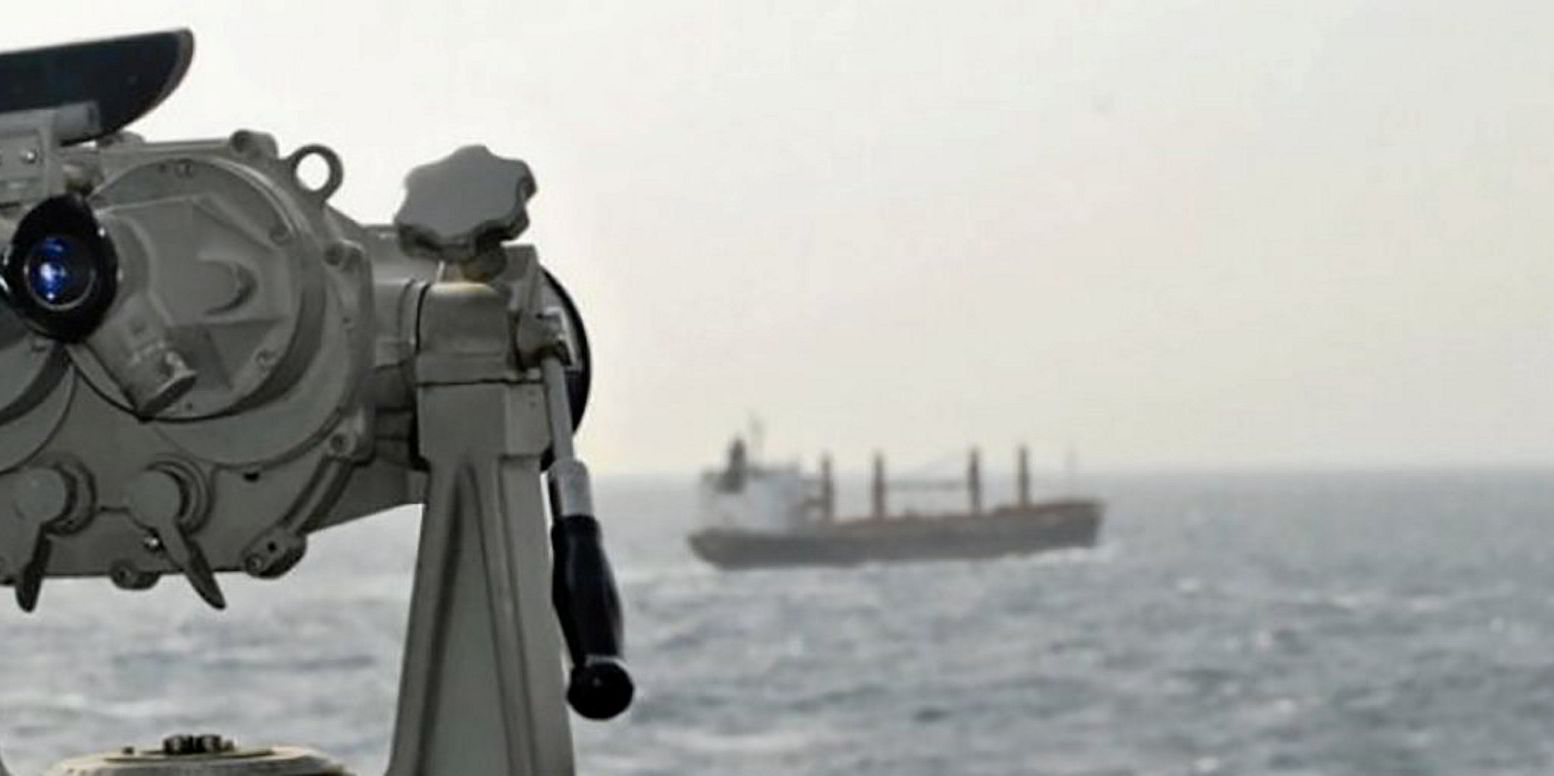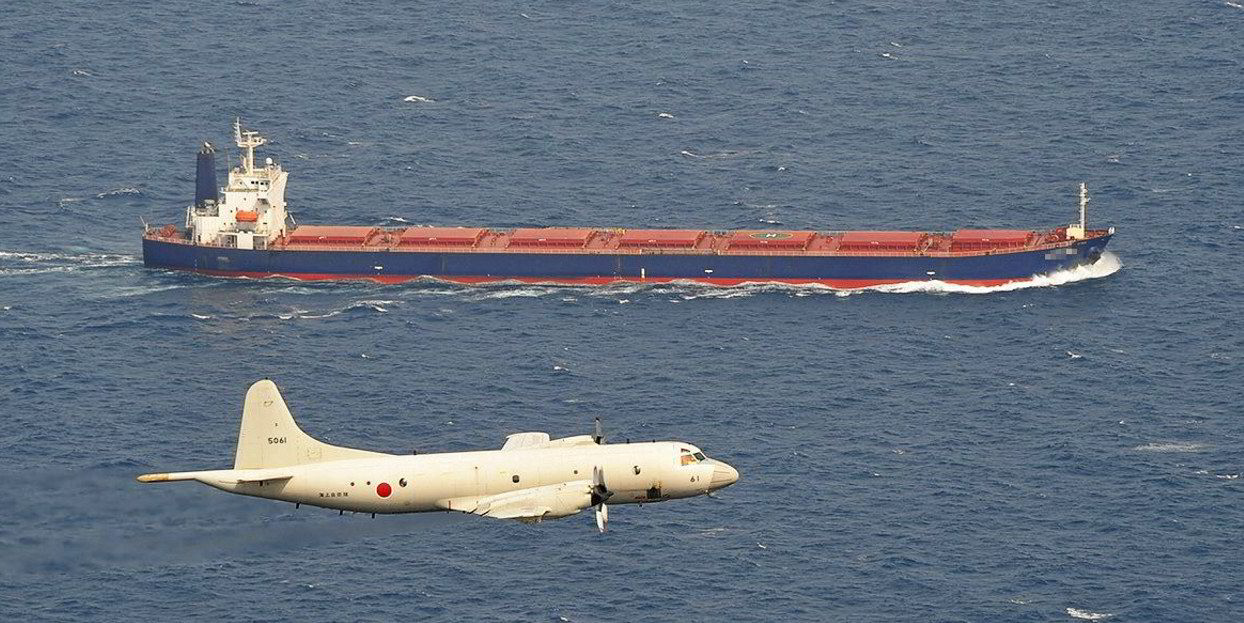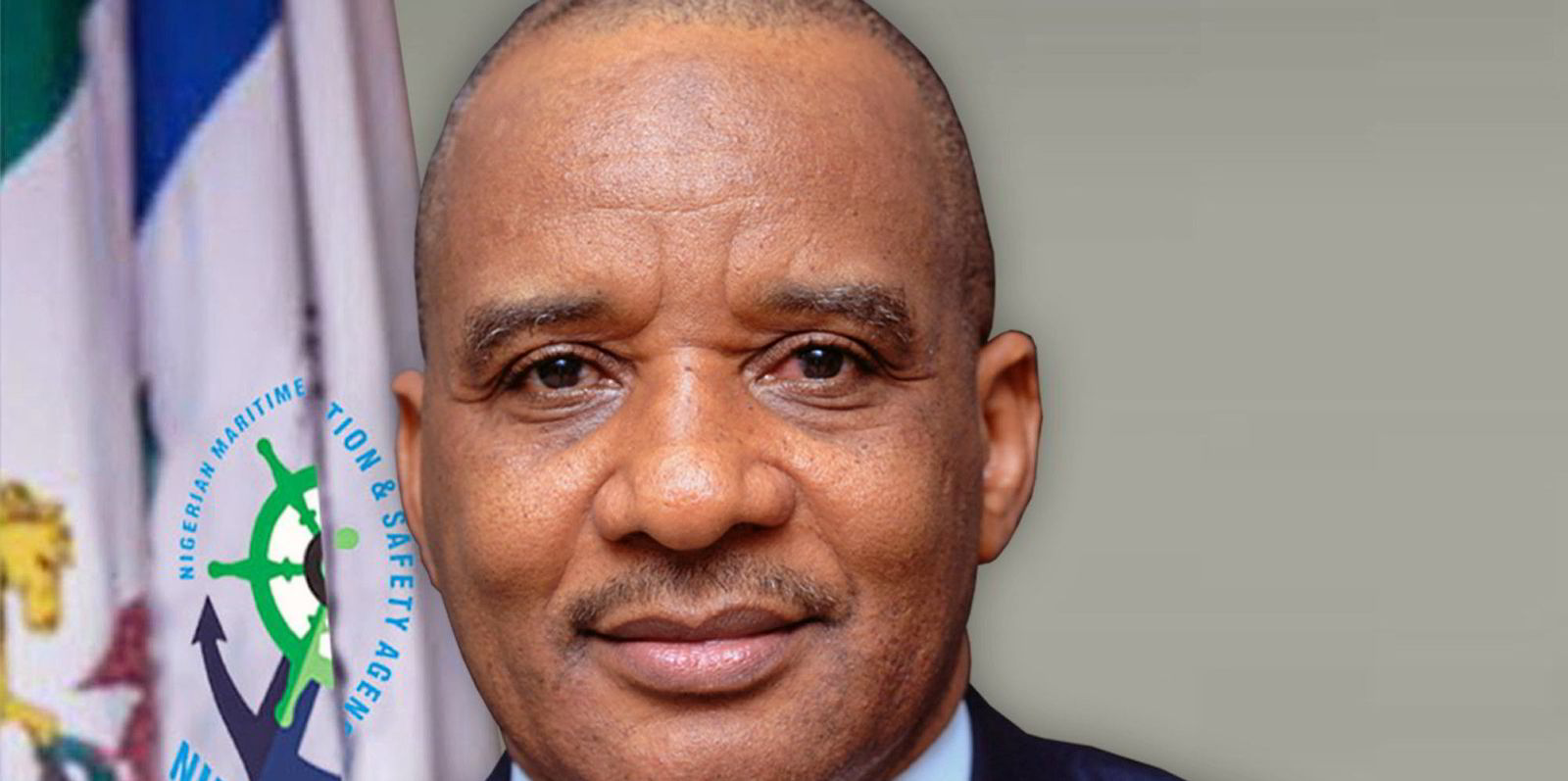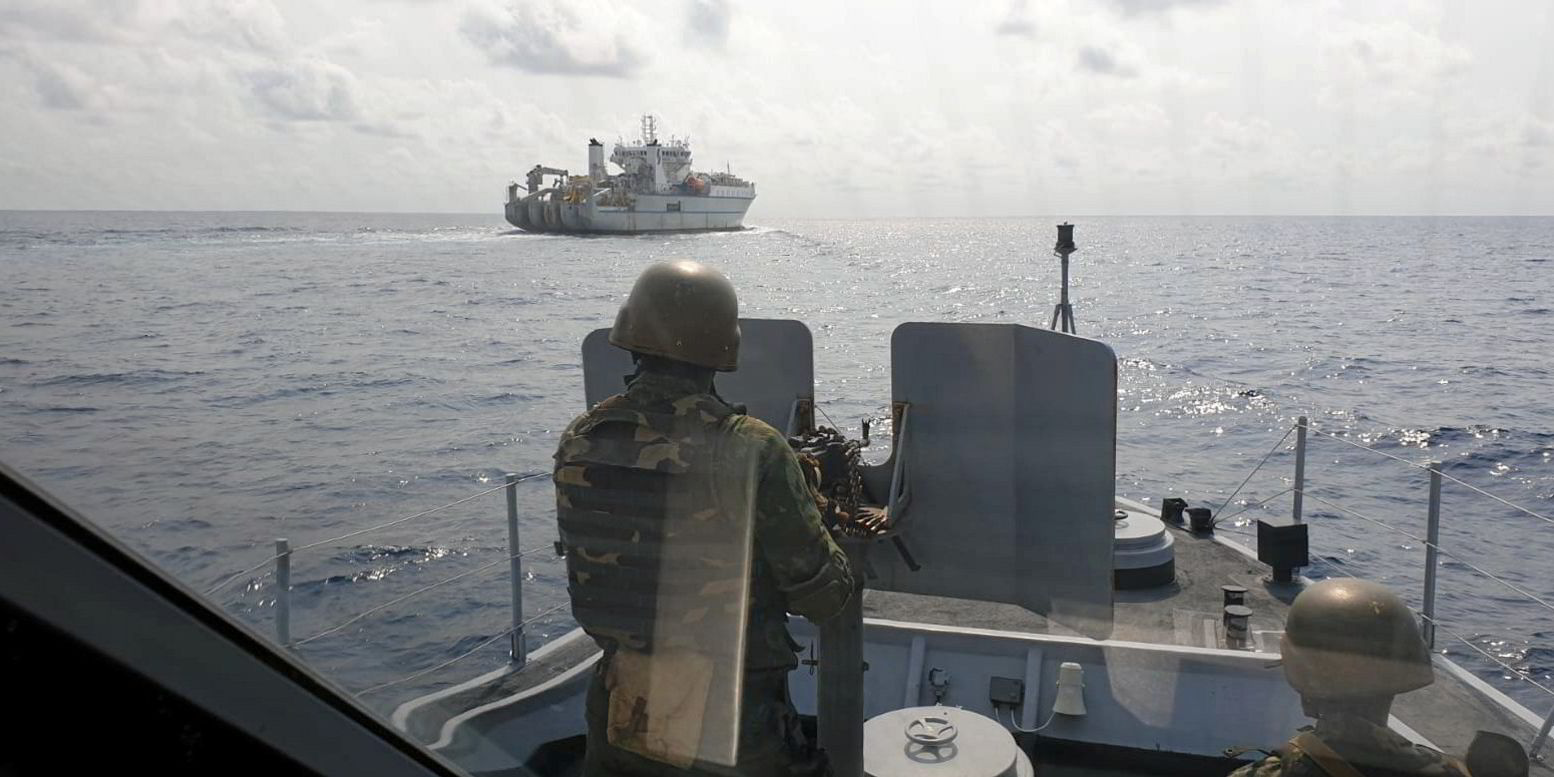Nigeria continues to flex its anti-piracy muscles as a judge sent 10 men to prison.
Ayokunle Faji handed the men 12-year sentences on Friday and ordered them to pay NGN 250,000 ($608) each under the Suppression of Piracy and Other Maritime Offences (SPOMO) Act after they attacked a Chinese fishing vessel last year, according to media reports.
Faji called the men "an embarrassment to the nation that has impacted the economy negatively", according to Reuters. He said their crime "affects the well-being of Nigerians and our image in the diaspora", according to Newspaper Newsport Nigeria.
The men were said to have kidnapped 18 people off the vessel before they were rescued by the Nigerian Navy.
Amid rising numbers of attacks in the Gulf of Guinea, Nigeria has taken a harder line against piracy in recent months.
In June, it launched the $195m Deep Blue Project, which deploys hundreds of personnel, drones and ships to surveil the country's territorial waters and exclusive economic zone with an eye towards curtailing piracy.
The Gulf of Guinea accounted for all 50 incidents of kidnapping in the first half of 2021, according to the International Maritime Bureau (IMB).
The IMB said overall, piracy was at a 27-year low. But the Gulf of Guinea was still where 32% of the first half's 68 piracy incidents took place.
Further, it said pirates had been hijacking fishing vessels with the intention of using them as motherships to target other commercial ships.
In addition to the Deep Blue Project, 2019's SPOMO Act is one of few anti-piracy laws in the region.
Earlier this month, Nigerian Maritime Administration and Safety Agency head Bashir Jamoh argued the country's efforts against piracy were having an immediate impact, with a "significant decline" in maritime crime.
Writing in Nigeria's The Guardian newspaper, Jamoh said the decline should push insurers to drop war risk premiums for ships calling on the country's ports, which he said were unfairly raising prices for domestic consumers and on its products sold abroad.







